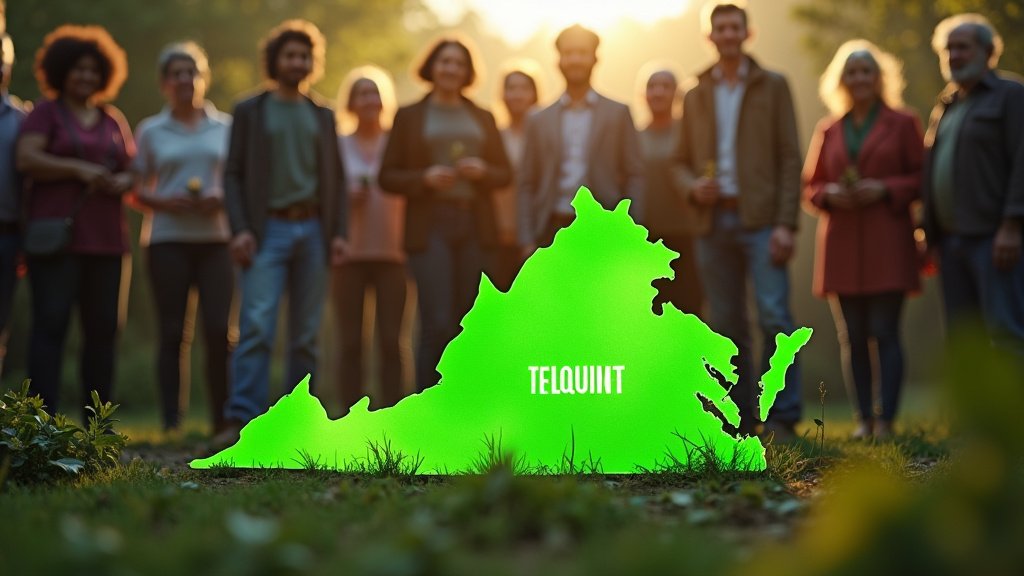The political landscape surrounding cannabis is constantly shifting, with recent developments highlighting a prominent Trump advisor’s push for federal rescheduling, while a complex web of state-level regulatory updates and policy debates continues to unfold. Roger Stone, a key advisor to former President Donald Trump, has publicly advocated for rescheduling cannabis as a strategic move toward eventual full legalization, signaling a potentially significant policy shift. This advocacy occurs against a backdrop of ongoing federal administrative processes, financial crime advisories, and diverse regulatory actions across various states, painting a dynamic picture of the cannabis industry’s evolving journey. The trending news in this sector impacts not just policy but also the broader lifestyle and economic considerations for many.
Federal Rescheduling Push Underway, Facing Delays
The push for rescheduling cannabis from its current Schedule I classification under the Controlled Substances Act to Schedule III has gained renewed attention. In August 2023, the Department of Health and Human Services (HHS) recommended this move to the Drug Enforcement Administration (DEA) based on a scientific and medical evaluation. The DEA subsequently proposed a rule in May 2024 to effect this transfer, a process initiated under the Biden administration. However, the rescheduling process has encountered delays, with DEA hearings being postponed amid legal appeals and allegations of procedural impropriety. Former President Trump has previously expressed interest in rescheduling cannabis, describing it as a complicated issue with acknowledged medical benefits alongside reported downsides. More recently, figures within Trump’s orbit, including political operative Roger Stone and conservative strategists like Bruce LeVell and Alex Bruesewitz, have publicly supported rescheduling. They frame it as a common-sense reform that empowers states and enhances public safety, emphasizing that rescheduling is distinct from full legalization. Conversely, organizations such as Smart Approaches to Marijuana (SAM), led by Kevin Sabet, are actively urging President Trump to oppose rescheduling, citing concerns about public health, addiction risks, and the potential for industry exploitation mirroring issues seen with hemp. Sabet argues that cannabis has not received FDA approval for any medical use and should remain in Schedule I. The DEA’s current stance and the administrative process remain in a holding pattern, with stakeholders awaiting definitive action.
Federal Financial and Health Advisories Issued
Beyond policy shifts, federal agencies have also issued recent guidance impacting the cannabis sector. The Financial Crimes Enforcement Network (FinCEN) released an advisory highlighting the involvement of Chinese money laundering networks in illegal marijuana operations, underscoring the financial illicitities that can accompany the unregulated market. Concurrently, the Department of Veterans Affairs (VA) provided tips on safer drug use, offering guidance aimed at harm reduction for individuals using substances.
State-Level Developments Across the Nation
Across the nation, states are navigating their own complex cannabis narratives:
Regulatory Updates and Deadlines
In Minnesota, regulators issued a reminder regarding the upcoming August 31 deadline for businesses to register to sell hemp-derived cannabinoid products. This is a key step in the state’s transition to a more formal licensing framework. Michigan regulators, meanwhile, have released new guidance allowing licensed businesses to create multi-pack products for items like infused edibles and vape cartridges, provided they meet strict criteria for product category and THC concentration.
Policy Debates and Business Operations
An Ohio representative has expressed skepticism that the state House will approve changes proposed by the Senate to the voter-approved marijuana legalization law. In Pennsylvania, a representative remarked on the notably clean, sterile, and secure nature of medical cannabis businesses, reflecting the state’s stringent operational standards.
Environmental and Safety Initiatives
The California Department of Fish and Wildlife has awarded over $3.9 million in grants from its Cannabis Restoration Grant Program to support ecosystem restoration efforts, funded by cannabis tax revenues. In Colorado, the Department of Transportation continues to promote resources aimed at combating impaired driving, highlighting public safety campaigns like “Shift into Safe” and “The Heat Is On” enforcement periods.
Local Legal Challenges and Guidance
In Menominee, Michigan, a judge invalidated a voter-approved cap on dispensaries, ruling that the issue must appear on the November ballot, temporarily pausing the city’s ability to issue new licenses. New Jersey regulators have distributed a cannabis newsletter providing updates and information for municipal governments.
Conclusion
The ongoing dialogue around cannabis policy, from federal rescheduling considerations to state-specific regulations and local initiatives, underscores the dynamic and rapidly evolving nature of this industry. As political figures weigh in and regulatory bodies issue new guidance, the cannabis sector remains a trending topic, influencing consumer lifestyle choices and business operations nationwide. The interplay between federal intentions and state realities creates a complex, yet fascinating, ongoing news cycle for cannabis.






